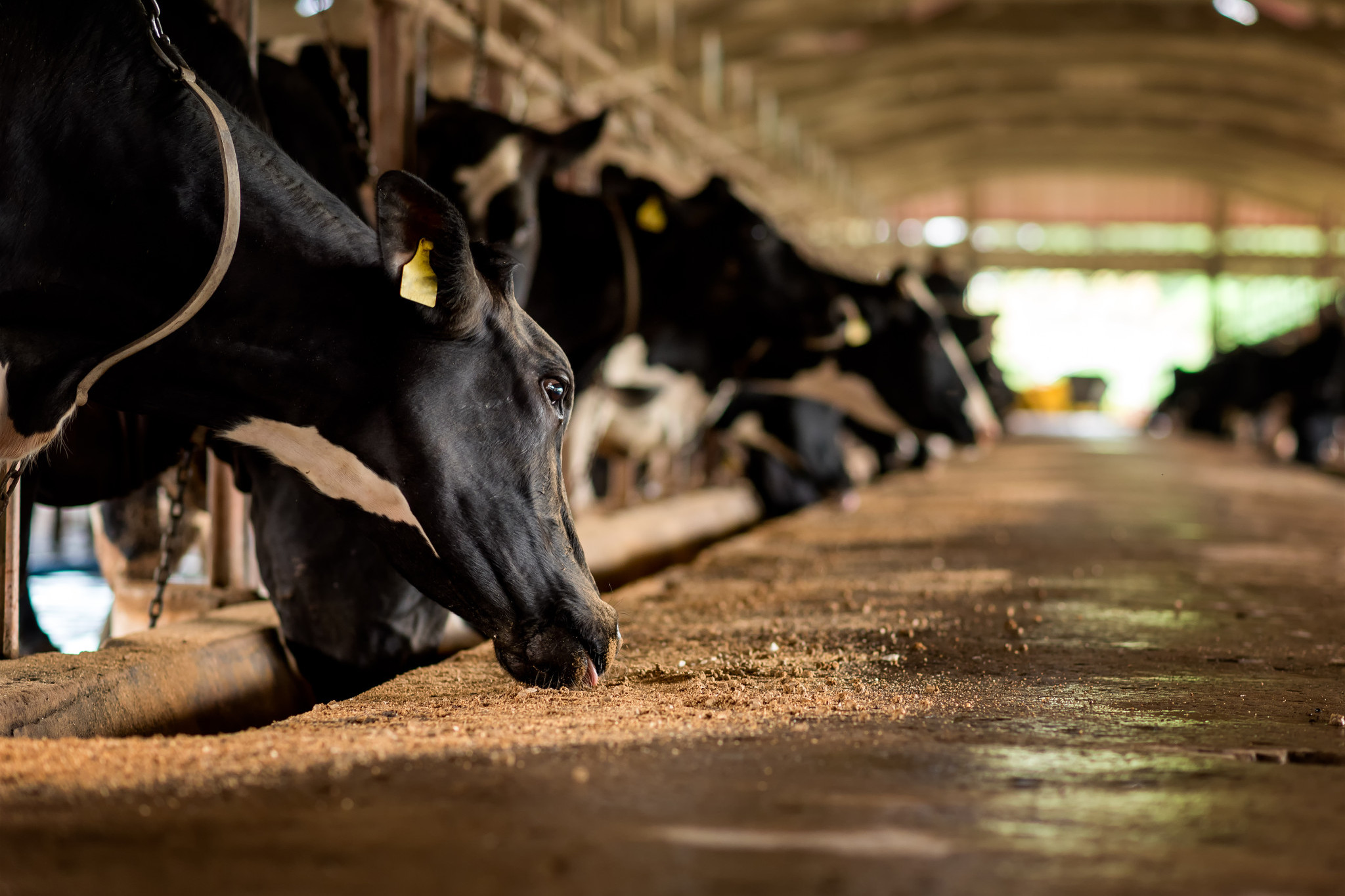News
18 May, 2024
Methane-reduction for cattle health
A US $3.2 million project is using Queensland agricultural expertise to research ways to improve the performance and health of beef and dairy cattle while reducing methane emissions.

Part of the Foundation for Food & Agriculture Research’s Greener Cattle Initiative, the project is led by the University of Illinois and involves seven international research hubs in the United States, Canada, Australia, New Zealand, England, Israel and Norway.
The Australian research hub is a collaboration between the Department of Agriculture and Fisheries, Australian agriculture biotech company ProAgni and the University of California Davis (UC Davis).
Australian researchers will look at the effects of methane suppression products, which result in more hydrogen being released in the rumen (the largest of a cow’s four stomach compartments).
They will investigate if probiotic bacteria can capture this hydrogen and turn it into products the animal’s digestive system can use.
This will ensure sustainable decreases in methane emissions have co-benefits for cattle performance and health.
Initially the team will study a variety of hydrogen-utilising bacteria in the lab.
They will add these bacterial species into a fermenter that mimics the conditions of the rumen to measure their effect on methane production and evaluate their competitiveness.
The bacteria will also be tested in conjunction with methane-suppressing compounds.
The top bacterial candidates will be developed into in-feed probiotics that improve energy capture by redirecting excess hydrogen in the rumen to more productive end-products— particularly in cattle receiving methane-blocking feed additives.
This will help achieve sustainable decreases in methane emissions while boosting animal performance and health, leading to agricultural sustainability.

